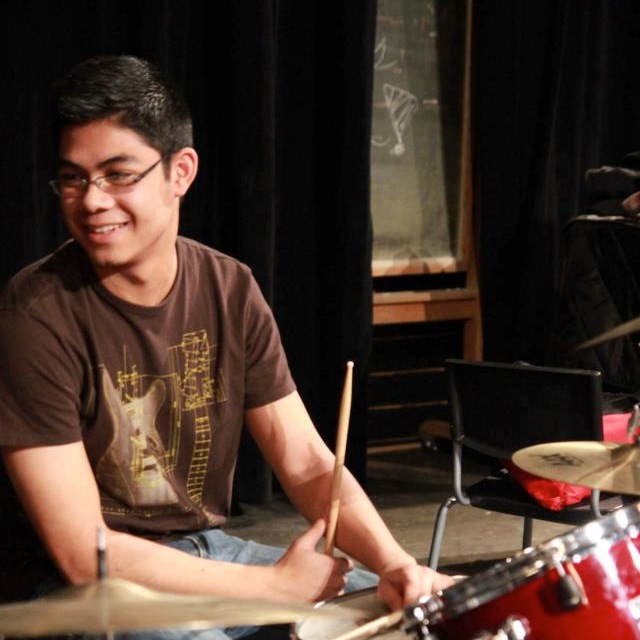by MICHAEL ARAGONES
What does it take to be a musician?
Have you ever said the words “I don’t have the music gene” or “music isn’t in my blood” or any other dismissive statement when you talk about your musical capabilities? If that’s the case, then I would argue that you are wrong. You don’t need any special music gene or a family history of musicians to become one yourself. You need only two things.
The first is F. O. C. U. S:
F — Follow the notes on the page. Following along with the music on the page while you play goes a long way. If you’re looking down at your hands (regardless of what instrument you are playing), you may be memorizing the music before you are ready to.
O — Open your ears, listen critically. Ideally, you should have some idea of how the music goes before you start. Listen to make sure you are playing the correct notes (melody/harmony). If you are repeating a small section of music, which is a great way to make the section sound better, make sure each repetition is consistent.
C — Count the beats in every measure. If you play your new music slowly (60 bpm) and count each and every beat out loud (or loudly in your head if you play a wind instrument) you give yourself the best chance to play the rhythm right on the first try. When you are reading new music, the toughest part is not the rhythm or the fingerings or the notes. The toughest part is being patient with yourself. Once you can overcome that, you can play music you once thought was too difficult.
U — Understand musical expression. Musical expression happens when you can pay attention to the articulation and dynamics of the music and play those elements correctly. These details are what make an audience truly enjoy the music you play when you’re on your instrument.
S — Small victories. No piece of music is perfected in one day. Because of this, some musicians get frustrated too soon and often give up on music that feels like too much of a challenge. But, like being in a hot-dog-eating contest, it can only be overcome one bite at a time. Make sure you play the small sections correctly before putting them together into larger sections. Learn slowly 4 or 8 measures at a time and celebrate what you have accomplished, no matter how small of a bite you take.
And the second thing you need to succeed is G. R. I. T.:
G — Get started! Don’t wait to feel motivated. That feeling comes after you have started, not before.
R — Repetitions. Have you ever seen someone play an instrument and think “Wow, they make it look so easy”? This ease is a result of that musician countlessly repeating that music in practice. (More specifically, repetitions of small sections of that music that were put together afterward.)
I — In…
T — …Time. The last two letters bring home a point that bears repeating. Patience, patience, patience. Rome was not build in a day, nor a musician.


Leave a Comment